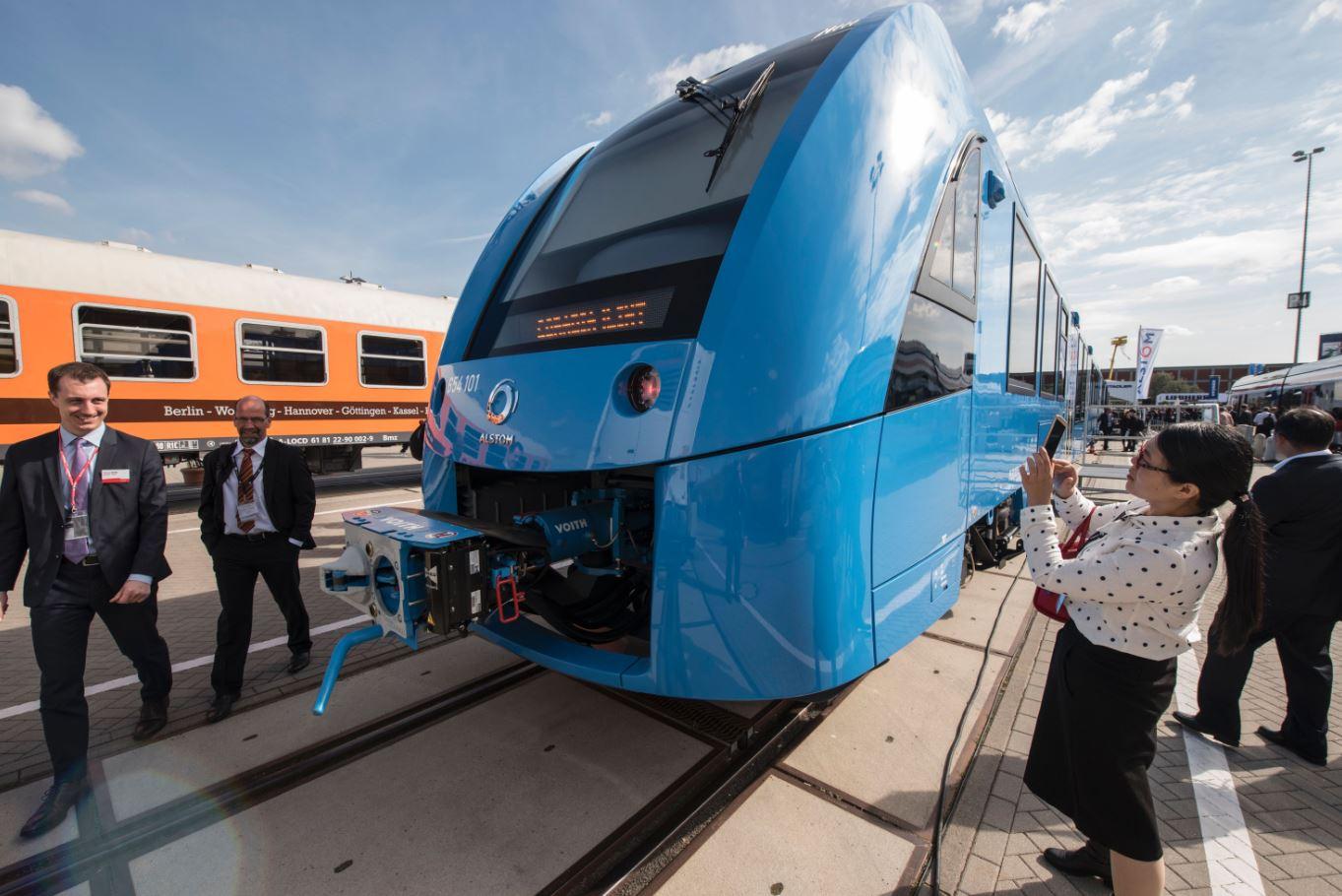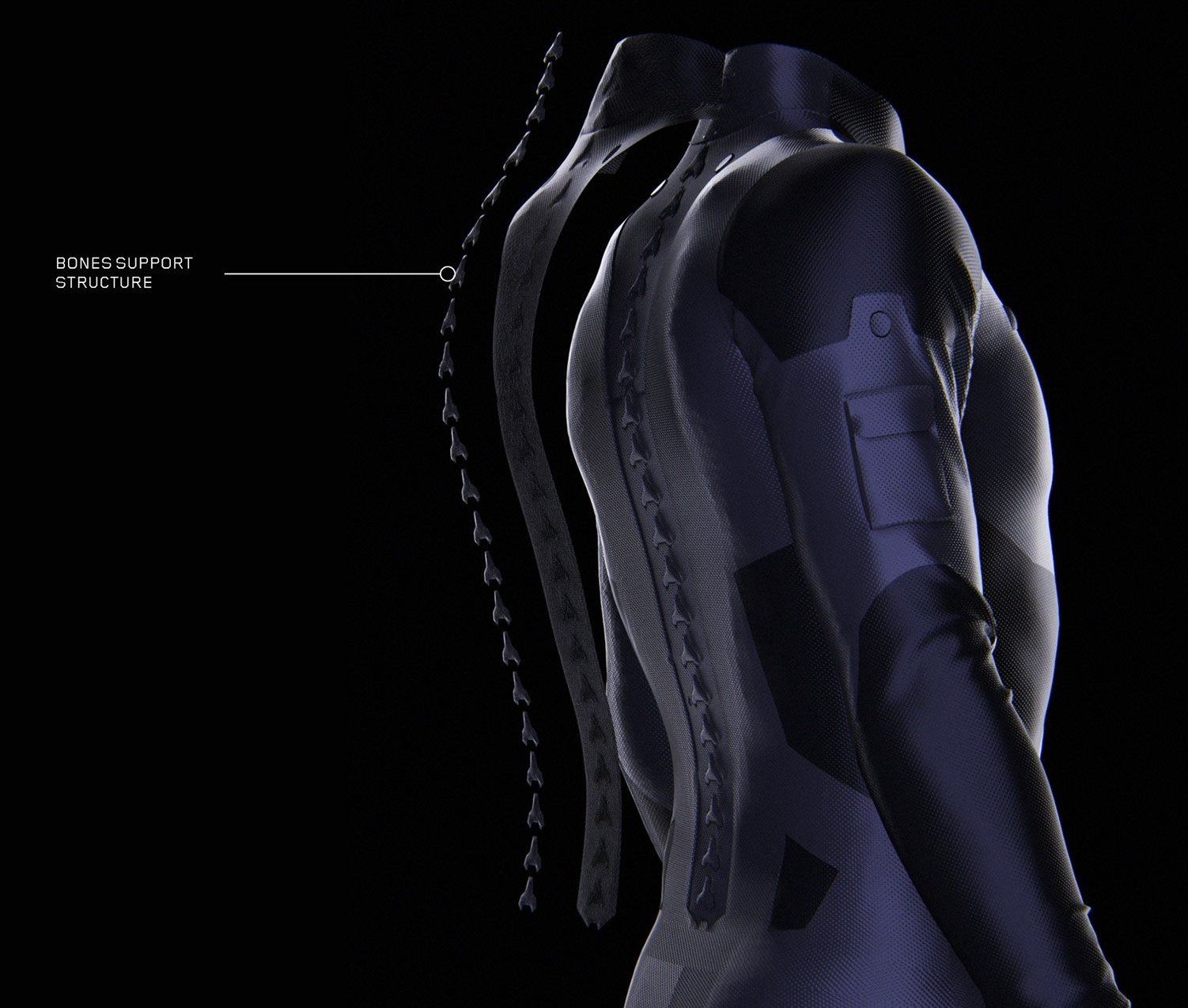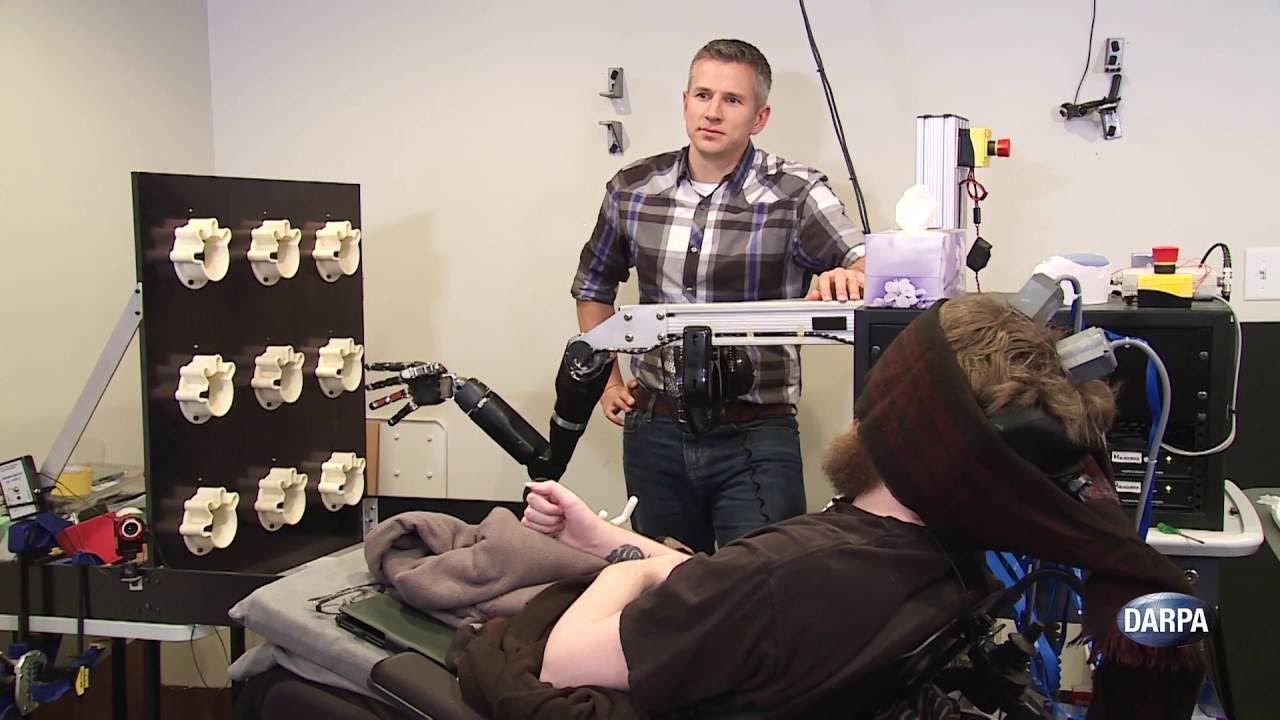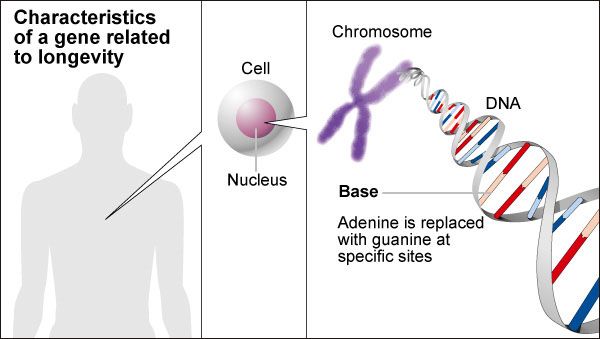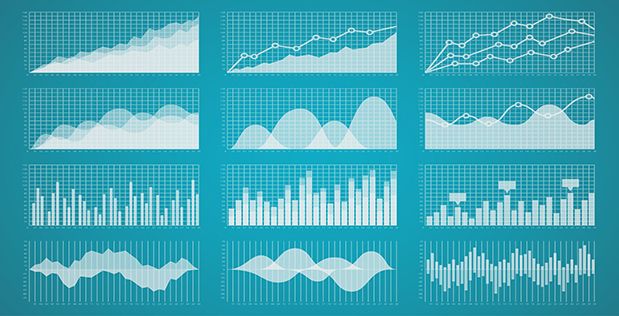
A mantra of these data-rife times is that within the vast and growing volumes of diverse data types, such as sensor feeds, economic indicators, and scientific and environmental measurements, are dots of significance that can tell important stories, if only those dots could be identified and connected in authentically meaningful ways. Getting good at that exercise of data synthesis and interpretation ought to open new, quicker routes to identifying threats, tracking disease outbreaks, and otherwise answering questions and solving problems that previously were intractable.
Now for a reality check. “Today’s hardware is ill-suited to handle such data challenges, and these challenges are only going to get harder as the amount of data continues to grow exponentially,” said Trung Tran, a program manager in DARPA’s Microsystems Technology Office (MTO). To take on that technology shortfall, MTO last summer unveiled its Hierarchical Identify Verify Exploit (HIVE) program, which has now signed on five performers to carry out HIVE’s mandate: to develop a powerful new data-handling and computing platform specialized for analyzing and interpreting huge amounts of data with unprecedented deftness. “It will be a privilege to work with this innovative team of performers to develop a new category of server processors specifically designed to handle the data workloads of today and tomorrow,” said Tran, who is overseeing HIVE.
The quintet of performers includes a mix of large commercial electronics firms, a national laboratory, a university, and a veteran defense-industry company: Intel Corporation (Santa Clara, California), Qualcomm Intelligent Solutions (San Diego, California), Pacific Northwest National Laboratory (Richland, Washington), Georgia Tech (Atlanta, Georgia), and Northrop Grumman (Falls Church, Virginia).
Read more
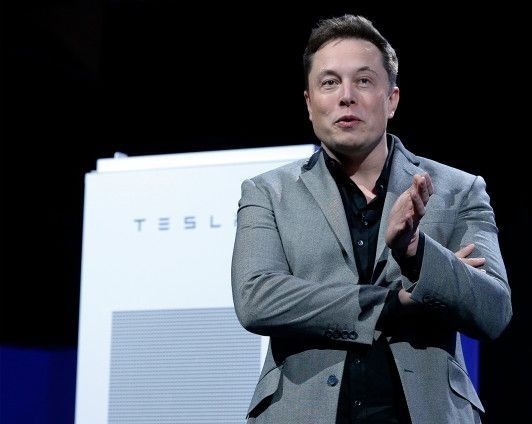
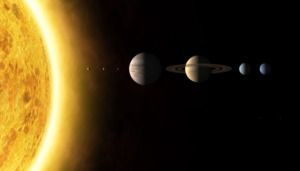 What’s wrong with this illustration of the planets in our solar system? »
What’s wrong with this illustration of the planets in our solar system? »
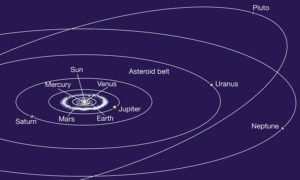 So, forget it lining up with anything, except on rare occasions, when it crosses the equatorial plane. On that day, you might get it to line up with one or two planets.
So, forget it lining up with anything, except on rare occasions, when it crosses the equatorial plane. On that day, you might get it to line up with one or two planets.
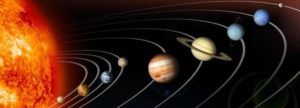 Space is mostly filled with—well—space! Lots and lots of it. In fact, if Pluto and our own moon were represented by just a single pixel on your computer screen, you wouldn’t see anything around it. Even if you daisy chain a few hundred computer screens, you will not discern the outer planets. They are just too far away.
Space is mostly filled with—well—space! Lots and lots of it. In fact, if Pluto and our own moon were represented by just a single pixel on your computer screen, you wouldn’t see anything around it. Even if you daisy chain a few hundred computer screens, you will not discern the outer planets. They are just too far away.